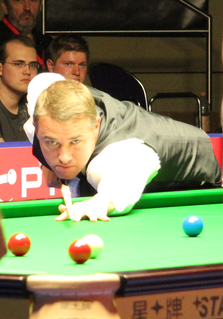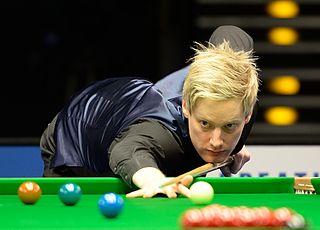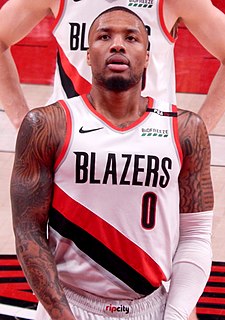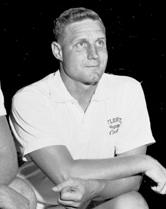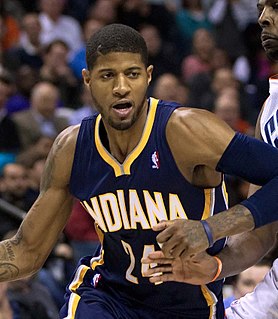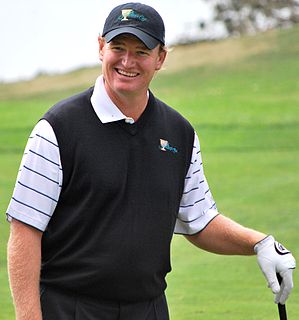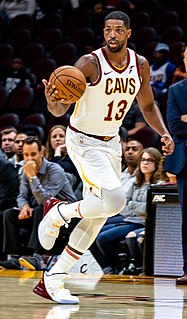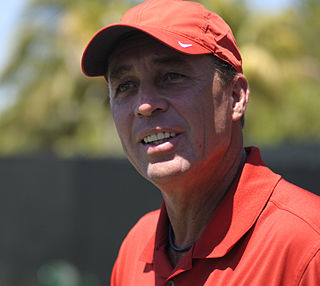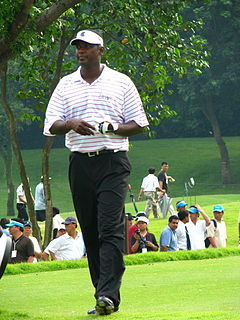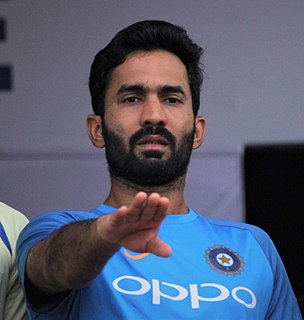A Quote by Stephen Hendry
By 2012, my game was shot. You're sitting on your chair watching players' leagues below you play shots you can't. That destroyed me.
Related Quotes
The time to hurry is in between shots. It's not over the shot. It's timing how people walk. You have to add that to the equation. If you've got somebody walking slow and they get up to the shot and take their 20 seconds, what's the aggregate time for them to hit that shot in between shots? That's what really matters. It's not the shot at hand.
So much of the game is mental, and that's one thing that I've always wanted to be good at. That if I miss a shot or make a bad play, to never let your opponent see that you are in duress or upset - that they've won in any way. So if I make a big game-time bucket or if I miss a shot, you'll see the same mannerisms. I move on to the next play.
I try to maintain an even tempo in all the games. Sometimes you play well and sometimes you get out. When you get out, you feel it is a wrong shot. Most players in tough situations play shots that could be out, but over time you refine that and give yourself the best chance of performing, the more you play in such situations.
